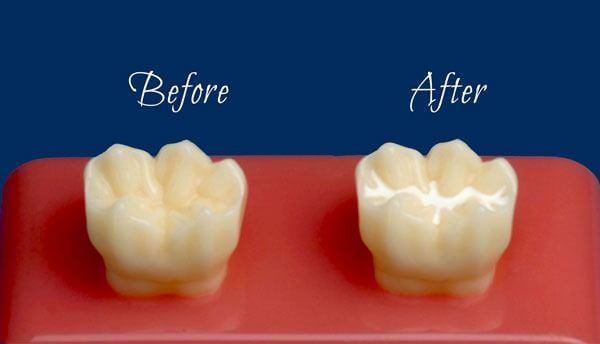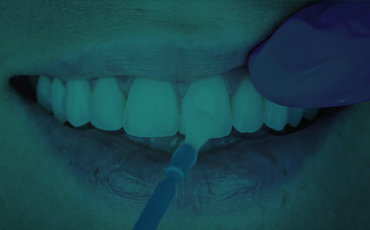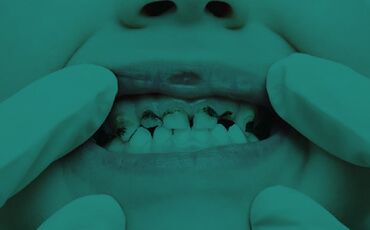
Dental Sealants
Regular brushing and flossing can help you stay away from dental decay and cavities but, it does not necessarily cover every nook and cranny of your teeth. Undergoing one simple and basic treatment can guarantee a healthy cavity-free mouth. At Zero Cavity, we believe in the words- prevention is better than cure, and dental sealants help to do the same.
What are dental sealants?
Dental sealant is a thin coat of dental material applied to the teeth, especially your molars and premolars, to prevent decay.
How dental sealants work?
The dental sealants work as a protective barrier between your teeth and decay-causing bacteria. They prevent the bacteria caused by the leftover food from attacking your teeth and protect teeth from decay.
When are dental sealants placed?
After the chewing surface of the first molar erupts from the gum, you can get the first sealant treatment on the molar. Sealing the chewing (occlusal) surfaces of the teeth with dental sealant will help protect the tooth.
What are the age ranges for sealant application?
- 3-4 years – primary molars
- 6-7 years – 1st permanent molars
- 11-13 years – 2nd permanent molars and premolars
Who should get this treatment?
Everyone who wants to keep their teeth cavity-free should get dental sealants. It is more helpful for kids and teenagers, who are more prone to get dental cavities and decay. Children should get sealant treatment as soon as they get their molars, as it helps keep their teeth cavity-free from the start.
How long does sealant treatment last?
Dental sealants last for quite a few years, but it is necessary to get regular dental visits to check up on the dental sealants.
Is it painful to get sealants?
No, it is a pain-free and quick treatment.
What should I expect during my visit?
Getting dental sealants is a quick and comfortable procedure. When you visit us at Zero Cavity, our dentist will first clean your teeth, allowing the dental material to adhere to your teeth. After cleaning, the dentist will paint the sealant onto the chewing surface of the teeth. Where the sealant bonds directly to the tooth and harden.
Are dental sealants safe?
Yes, gentle sealants are safe.





